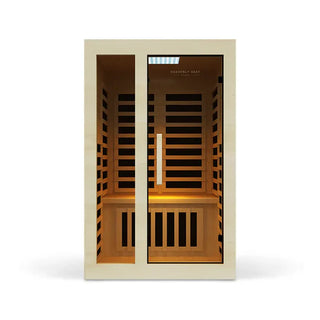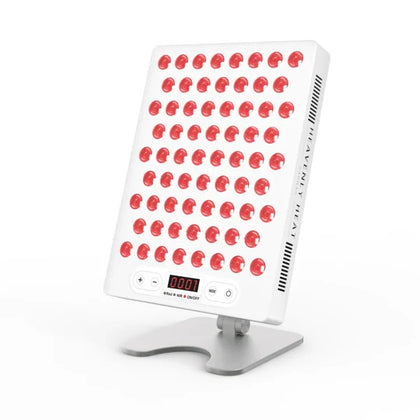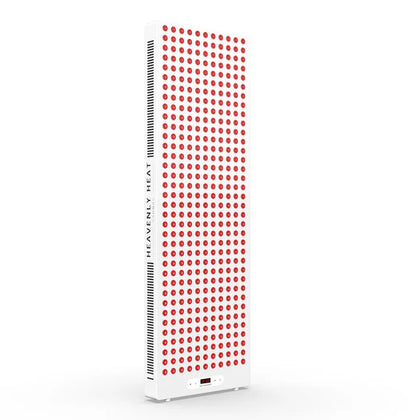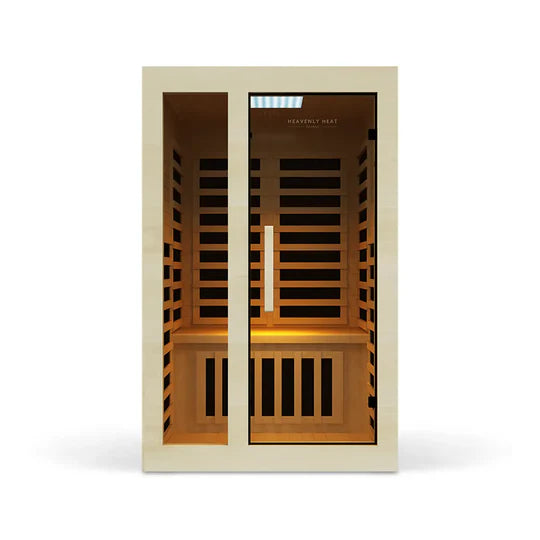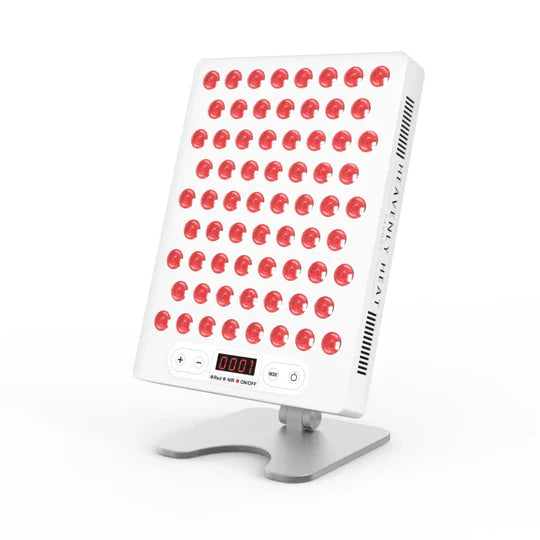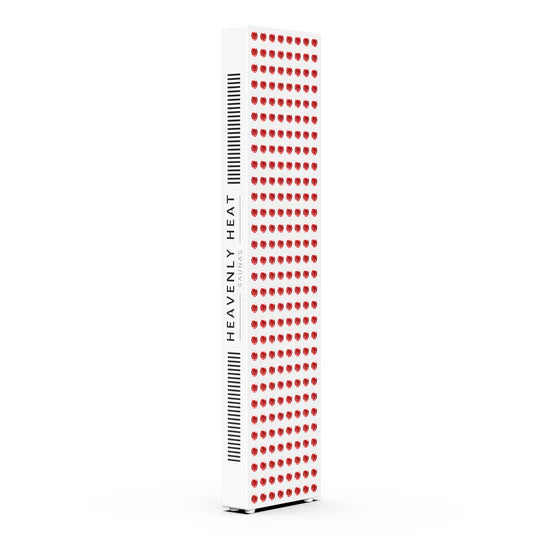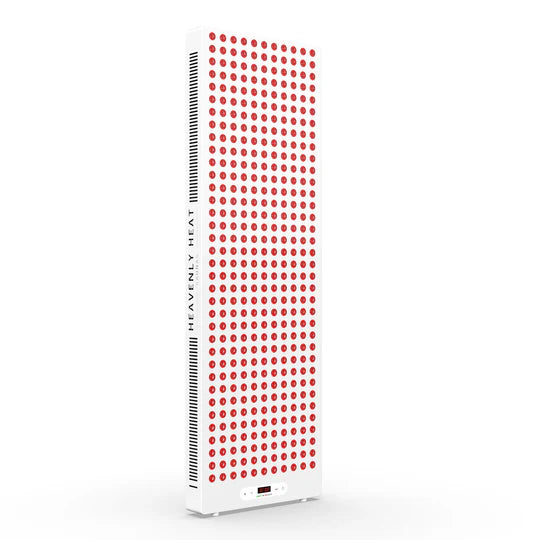8 Ice Bath Benefits Every Athlete Needs to Know

Athletes often struggle with sore muscles, inflammation, and slow recovery after intense training.
Ignoring recovery can lead to prolonged fatigue, reduced performance, and even injury, holding you back from reaching your full potential.
Discover 8 science-backed ice bath benefits that every athlete must know to speed up recovery and boost performance.
Do Athletes Use Ice Baths?
Yes, many athletes rely on ice baths to recover and perform at their best. For example, LeBron James uses ice baths after games to reduce inflammation and stay in peak condition.
Cristiano Ronaldo frequently shares on Instagram how ice baths help him reset for upcoming matches. Michael Phelps, the most decorated Olympian, swears by cold therapy for soothing sore muscles and improving mental focus.
Even sprinting legend Usain Bolt celebrated a 200m win by jumping into an ice bath to recover and stay ready for the next race.
From tennis star Serena Williams to countless others, ice baths are a proven recovery tool that top athletes trust to stay ahead in their game and prolong their careers.
8 Ice Bath Benefits Every Athlete Needs to Know
Reduces Muscle Soreness
Ice baths are a popular way for athletes to recover from muscle soreness after exercise. Several studies have looked into how effective cold water immersion (CWI) is in reducing muscle soreness and speeding up recovery.
-
Study 1: In one study, athletes who immersed themselves in cold water (around 6°C) for 10 minutes experienced the lowest levels of muscle soreness. While the results weren't significantly better than other methods, it showed that cold water immersion can help reduce soreness after exercise[1].
-
Study 2: Another study found that athletes who used cold water immersion (around 6°C for 19 minutes) had lower muscle soreness and faster recovery at 24 hours compared to those who didn’t use ice baths. Their muscle strength and power were also better after using CWI, making it a useful recovery method for athletes[2].
-
Study 3: A third study reviewed 20 different research papers and found that cold water immersion significantly helped reduce muscle soreness immediately after exercise. It also helped lower blood markers related to muscle damage, like creatine kinase (CK) and lactate, 24-48 hours after exercise[3].
In summary, ice baths are effective in reducing muscle soreness and helping athletes recover faster after intense exercise.
While the exact temperature or immersion time may vary, the benefits of using cold water immersion for muscle recovery are well supported.
Helps you recover from exercise fatigue quickly.
Ice baths are a great way for athletes to recover quickly after exercise. Research shows that cold water helps reduce muscle soreness and fatigue right after a workout.
A study found that ice baths lower muscle damage markers, like creatine kinase and lactate, for up to 48 hours[3].
So, if you're tired after intense training, an ice bath can help speed up your recovery!
Boosts Mental Toughness
One of the key benefits of ice baths for athletes is the boost to mental toughness. Cold-water immersion (CWI), such as ice baths, has been shown to improve mental health and psychological resilience.
Research highlights that athletes who regularly engage in CWI tend to experience lower levels of anxiety, depression, and stress, while demonstrating higher levels of mental toughness and self-efficacy.
A study involving 164 participants revealed that those who practiced CWI reported significant improvements in psychological fortitude, with a “dosage effect” – the more frequent the immersion, the greater the boost to mental resilience[4].
Additionally, another study found that individuals who participated in specific training programs, which included CWI, showed better mental health scores and fewer physical complaints compared to those who didn’t practice CWI[5].
The findings suggest that ice baths can be a powerful tool for enhancing an athlete’s mental strength and overall psychological well-being.
Improve Your Sleep Quality
Ice baths can help athletes improve their sleep quality. A study on elite cyclists showed that cold water immersion helped them fall asleep faster[6].
Another study with endurance runners found that full-body ice baths increased deep sleep, which is the most important phase for recovery[7].
The same study also found that ice baths reduced sleep disturbances, allowing athletes to sleep more peacefully throughout the night.
These results suggest that using ice baths after exercise can help athletes get better sleep, which plays a big role in their overall recovery and performance.
Boost Your Alertness
Ice baths offer a profound boost in alertness, backed by science. A study on cold-water immersion revealed that participants experienced elevated positive emotions and improved mood, reporting feelings of being more active, alert, and attentive after a short, 5-minute exposure to cold water at 20°C [8].
These emotional enhancements were linked to changes in brain connectivity, specifically in areas responsible for attention control, emotion regulation, and self-awareness.
Dr. Rhonda Patrick, a leading researcher in health optimization, highlights the benefits of cold exposure on mood and cognition, explaining how it activates pathways that strengthen the body’s resilience.
Regular ice baths, even starting with brief sessions, could help athletes stay sharp and focused, making this practice a powerful tool for both mental and physical performance.
Helps Your Immune System Work Better
Taking an ice bath may do more than just soothe sore muscles; it could actually boost your immune system.
Research shows that cold exposure can increase your body's natural defense responses. One study found that after a cold session, immune cells like white blood cells and natural killer cells become more active, helping fight off infections[9].
Another study revealed that regular cold exposure, like cold showers, can enhance your body's production of antibodies (proteins that fight harmful invaders) and T-cell function (cells that help detect and destroy infected cells)[10].
So, whether you're soaking in ice or stepping into a cold shower, it could give your immune system a helpful boost, keeping you healthier and ready for your next workout.
Prepares Athletes for Extreme Conditions
Ice baths are a game-changer for athletes facing extreme conditions. They help athletes recover faster by reducing muscle soreness and inflammation, making it easier to handle physical stress during tough challenges.
Taking an ice bath before or after a competition can improve circulation, reduce fatigue, and boost mental toughness, helping athletes perform at their best when it counts most.
Burn More Calories
Ice baths can help burn more calories by boosting your metabolism. A study by researchers looked into how cold water immersion, specifically waist-deep immersion at 9°C, affects metabolism.
They tested 10 university students who were immersed in cold water for 15 minutes, measuring their metabolic rate before, during, and after the treatment.
The results showed that 8 out of 10 participants had elevated metabolic rates within the first 5 minutes of the immersion, and 6 still experienced increased metabolism even 5 minutes after the bath[11].
This suggests that ice baths can ramp up your metabolism, making them an effective recovery tool that might help burn more calories, especially post-exercise.
Conclusion
This article explored how ice baths benefit athletes by reducing muscle soreness, enhancing mental toughness, improving sleep, and boosting overall recovery.
These findings highlight the importance of incorporating cold water immersion into an athlete’s routine for better performance and faster recovery.
While it’s important to note that individual results may vary, the evidence supports ice baths as a valuable tool for any athlete looking to optimize their physical and mental resilience.
References
-
https://www.sciencedirect.com/science/article/abs/pii/S1466853X14000030
-
https://www.frontiersin.org/journals/physiology/articles/10.3389/fphys.2023.1006512/full
-
https://journals.humankinetics.com/view/journals/tsp/38/4/article-p259.xml
-
https://www.tandfonline.com/doi/full/10.1080/22423982.2024.2330741#d1e248
-
https://journals.physiology.org/doi/full/10.1152/jappl.1999.87.2.699
-
https://www.sciencedirect.com/science/article/abs/pii/S030645652400189X
-
https://journals.aiac.org.au/index.php/IJKSS/article/view/3356




